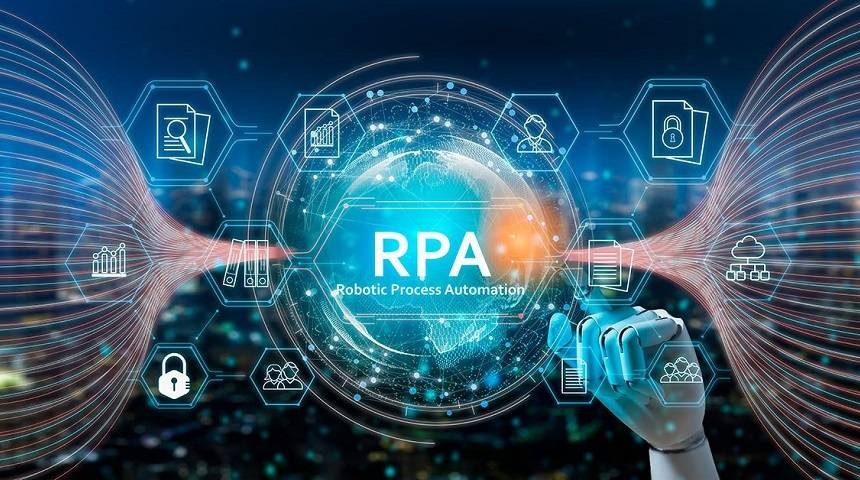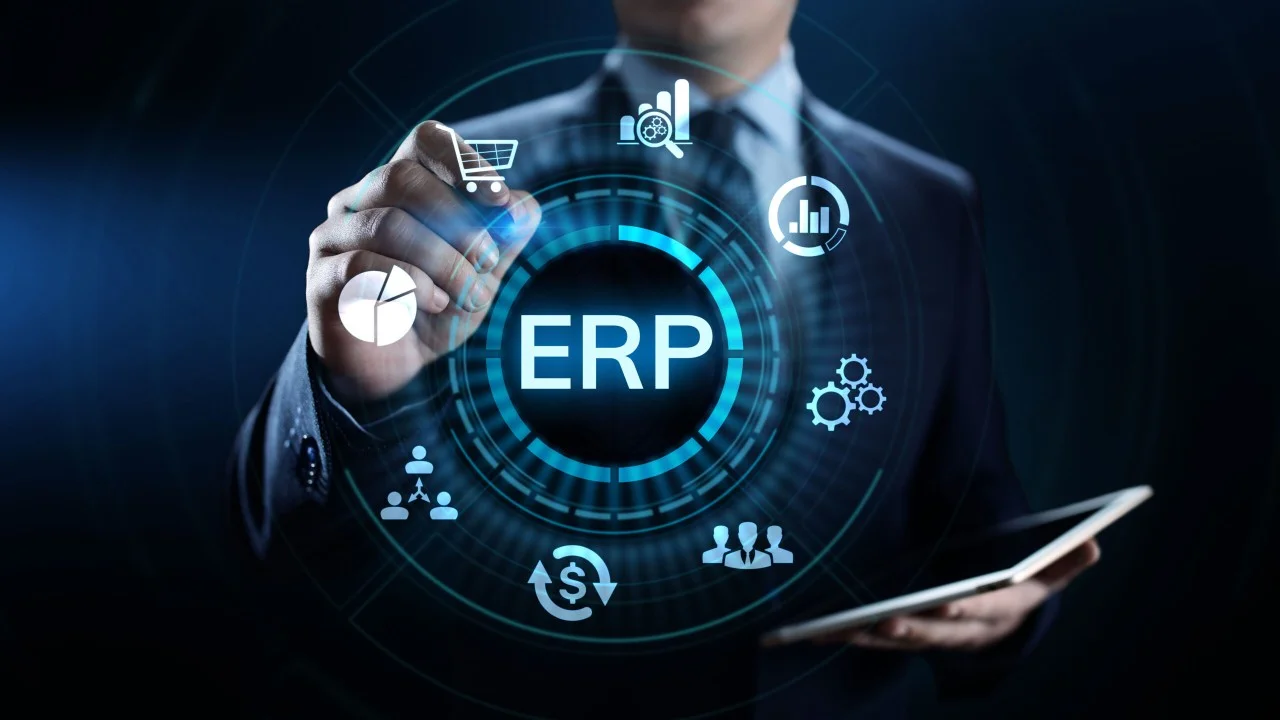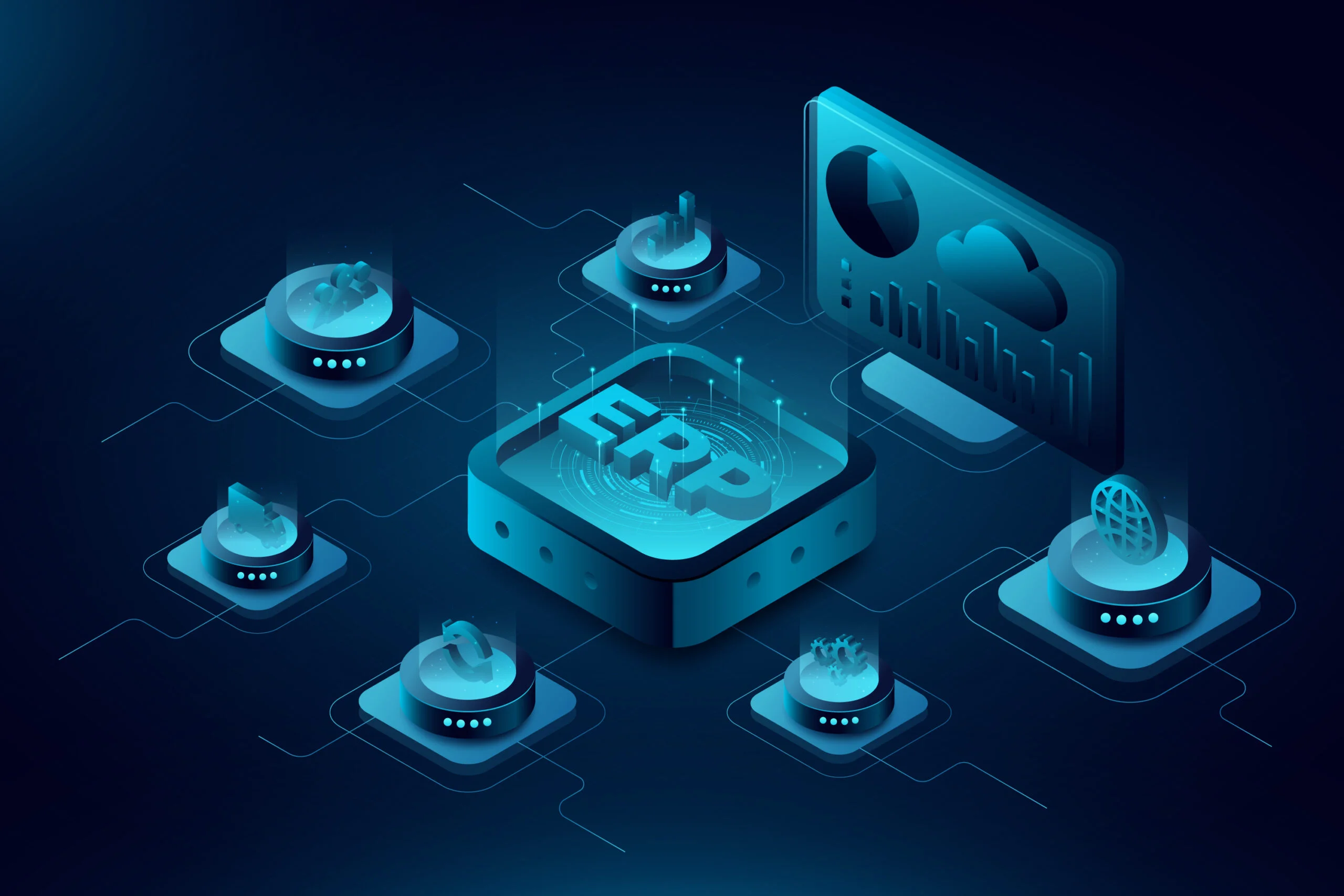Robotic Process Automation (RPA)
The all-new technological innovation, popularly known as Robotic Process Automation (RPA) is one which has drawn quite the likeness from most Information Officers within the industry as it helps to drastically reduce costs as well as streamline enterprise operations. A typical example of such would be an interaction between RPA models and the OneBusiness software.
Thanks to RPA, simple tasks can now be automated. Ensuring a better efficiency of an organisation’s labour force, thus providing an enabling environment for business owners to serve their customers better and engage in more human-interference-hungry aspects of their businesses.
RPA from another perspective could serve as a stopgap en route intelligent automation applications through the use of dedicated machine learning as well as AI tools. In the future, it may be trained towards making calculated future judgements based on presented parameters.
Robotic Process Automation (RPA) and Cloud ERP?
In layman’s terms, Robotic Process Automation ensures a more seamless process with regards to the application of Cloud ERP solutions. This implies that RPA technology actively eliminates the need to manually maintain two or more apps at a go. Below are a couple of manual tasks which RPA can help automate.
- Logging into the legacy application
- Downloading a file
- Entering any downloaded data directly into an informative spreadsheet
- Sorting (spreadsheet) data and saving to user-specified locations
- Logging into the new ERP application
- Sending notifications of consequent actions to staff members as well as business partners
- And updating legacy application with confirmations
- Creating new client/vendor/item/account records
- Updating addresses/credit terms/quantities/beneficiaries
For now, Robotic Process Automation is designed to large extents as an on-premise solution, serving as a link between legacy applications and Cloud ERP solutions. Cloud ERP solutions such as OneBusiness’s tend to work efficiently with the present on-premise versions of RPA available in the IT industry while ensuring provisions for a cloud RPA seeing that all IT solutions are eventually going to become cloud-based.
Soon enough, most legacy applications will become obsolete, but until then, RPA’s will continually serve as efficient managers of a Cloud-based ERP and other Legacy applications in your organisation. And even when your organisation becomes 0% legacy reliant, RPA will most likely continue to aid your implementations of ERP.
The Future
You have to take your last child to school on a Saturday morning and leave your business because “family above all else” right? A sale comes through, about $20,000, and thanks to your newly installed RPA. You get a notification at your location without having to drive all the way down to your office mid-event while your daughter is performing a clueless ballet session.
Finally, the session is over, and, you rush to the office after dropping your daughter off at home and, you find out that the accounting system does, in fact, suggest that an order was placed that morning,. You rush to the CRM tab, and, the name of the customer pops up on the screen “Mrs Flores” your long-time customer who moved just last month. And then you proceed to your ERP system and, there you have it, the sale made by Mrs Flores there without any human input whatsoever. All these data have been inputted without the need for manual work or staff who regularly enters the data wrongly and, worse still calls in sick every day.
Please check our FB page KSA Tech




